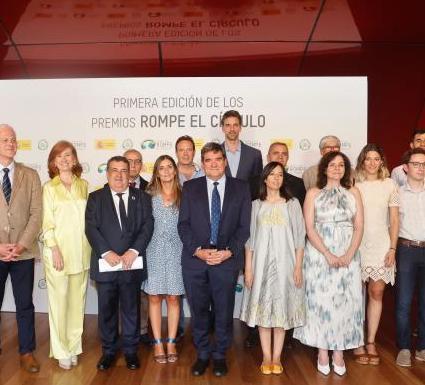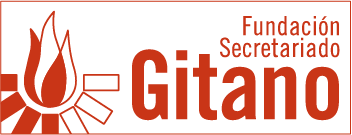Premios y menciones
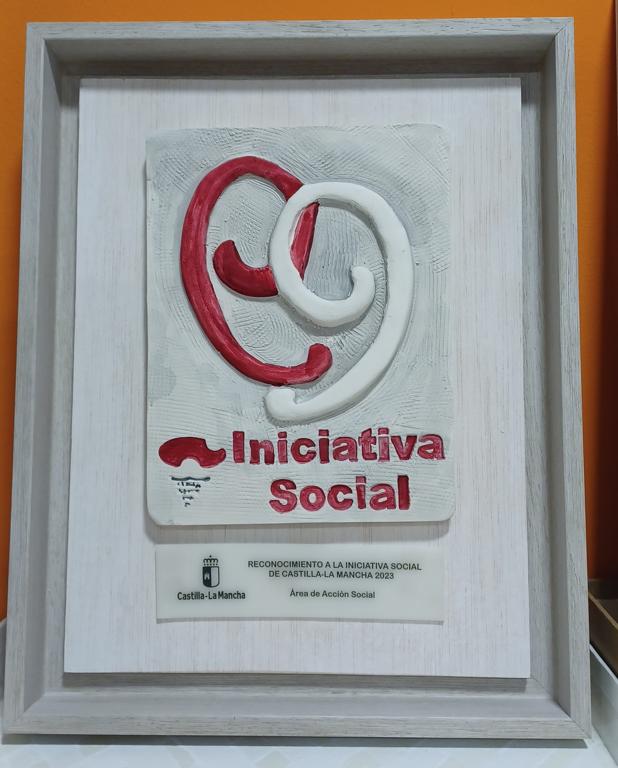
A lo largo de su historia, la Fundación Secretariado Gitano (FSG), al igual que su presidente y fundador, Pedro Puente- ha recibido el reconocimiento a su labor desde distintas instancias e instituciones. Para nosotros este reconocimiento público, además de ser una responsabilidad y un aliciente diario, nos compromete a desarrollar nuestra Misión de manera más eficaz. Estos son algunos de los premios y menciones más importantes que la FSG ha recibido a lo largo de su historia
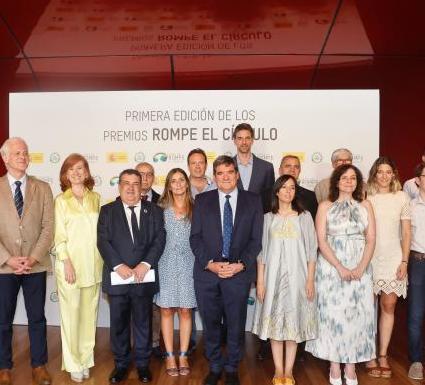
Premios y/o reconocimiento más destacados a la FSG
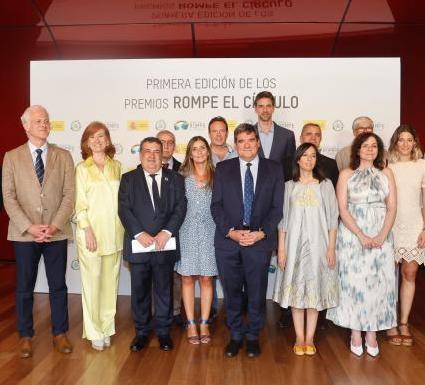
Reconocimientos Promoción social
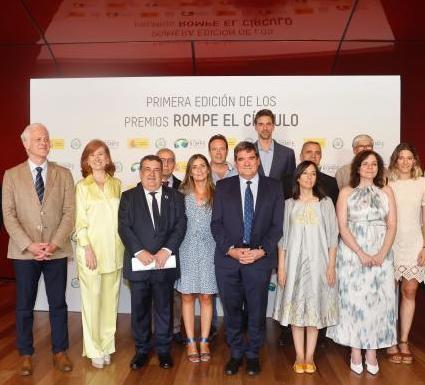
Reconocimientos Defensa de derechos
